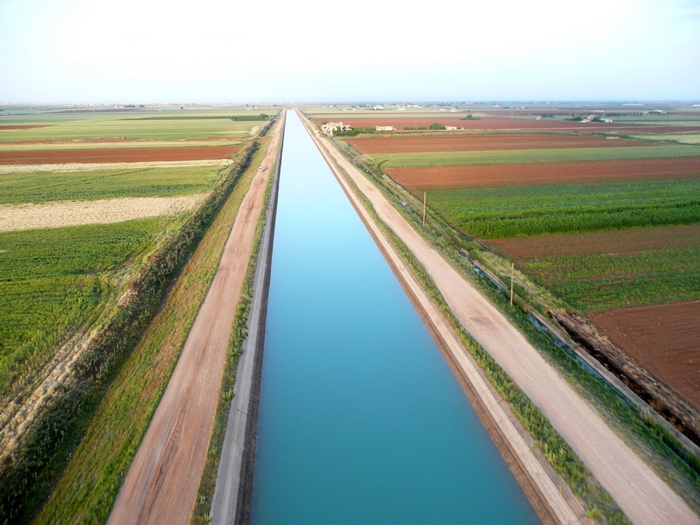The Global Environment Facility (GEF) has greenlighted 48 FAO-led projects worth about $2.9 billion –$294 million in project financing and $2.6 billion in co-financing– that will play a pivotal role in fostering a sustainable agrifood systems transformation to end hunger and conserve the environment.
Five Central Asian countries – Kazakhstan, Kyrgyzstan, Tajikistan, Turkmenistan, and Uzbekistan – are among the 46 countries joining forces with FAO through these new initiatives.
One key project, the Food Systems Integrated Program, will involve 22 countries, including Kazakhstan. It aims to restore degraded lands, forests, and water resources while improving land management practices.
Another vital initiative, the “Central Asia Water and Land Nexus Program” program, will dedicate US$26 million (with US$335.5 million in co-financing) to five Central Asian nations. This project tackles crucial environmental challenges by restoring the ecosystems of the Amudarya and Syrdarya river basins, enhancing water security, and improving living conditions in rural areas.
The Amu Darya and Syr Darya basins are the primary source of water for the five countries, supporting around 60 million people and much of their agriculture and energy generation, as well as being critical for other ecosystem services and livelihoods. Unsustainable water management, especially for agriculture, over-extracts water in the two river basins and leads to water and food insecurity, salinization, soil loss and land degradation, reduced river flows, pollution, and loss and fragmentation of natural ecosystems and biodiversity, FAO says.
48 FAO-led projects will benefit 4.2 million people in five different regions globally, will restore more than 474,000 hectares of land; improve practices on over 24 million hectares of land and marine habitats; create and improve the management of over 2 million hectares of protected areas on land and sea; mitigate 133 million metric tons of greenhouse gas emissions; and remove 202 metric tons of hazardous agrochemicals. ///nCa, 13 February 2024
